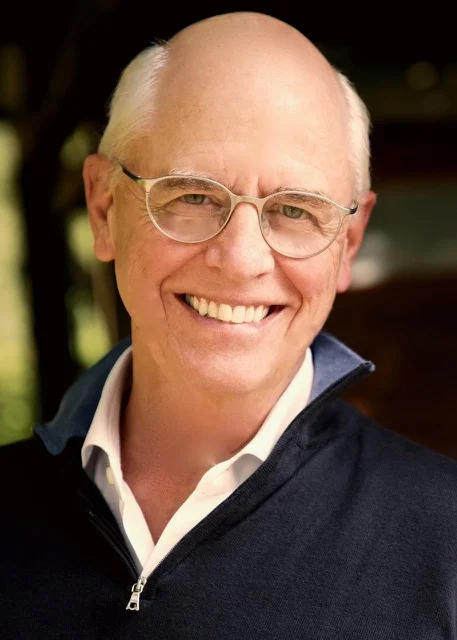The Quantum Stack Weekly: Quantum Bombshell: IonQ's Mind-Blowing Materials Breakthrough at CES 2025!
Update: 2025-01-23
Description
This is your The Quantum Stack Weekly podcast.
Hi, I'm Leo, your Learning Enhanced Operator, here to dive into the latest quantum computing developments. Today, I'm excited to share with you a real-world application that's making waves in the quantum world.
Just yesterday, I attended CES 2025, where quantum technology took center stage. Industry leaders like Babak Akhlaghi emphasized the transformative potential of quantum computing, predicting utility-scale quantum computers by 2028. But what caught my attention was the announcement by IonQ, a company working to build the world's best quantum computers to solve complex problems.
IonQ's participation in CES 2025 marked a significant milestone, as they joined the event's first-ever quantum track. Their focus on developing practical quantum applications is exactly what we need to see more of in this field. One such application that stood out was the use of quantum computing in materials science.
Imagine being able to create novel materials with unique characteristics, such as superconductors or nanomaterials, which could revolutionize industries like energy and healthcare. Quantum computers can simulate the behavior of these materials at the subatomic level, allowing us to design and optimize them more efficiently.
Muhammad Usman, Head of Quantum Systems and Principal Research Scientist at CSIRO, explained that quantum processors can solve complex problems that classical computers can't. This is exactly what we need to unlock breakthroughs in fields like medicine and chemistry.
For instance, quantum computers can help us discover new medicines by finding connections in clinical trial data or genetics that current computers can't process. They can also improve the safety of systems that use artificial intelligence algorithms, such as banking and autonomous vehicles.
The potential economic impact of quantum technology is staggering, with estimates ranging from $1 to $2 trillion by 2025. It's no wonder that global investments are soaring, and industry leaders are racing to build the world's first full-scale quantum computer.
As I reflect on the past few days, it's clear that quantum computing is on the cusp of a major breakthrough. With companies like IonQ pushing the boundaries of what's possible, we can expect to see more innovative applications in the near future. Stay tuned, folks, the quantum revolution is just around the corner.
For more http://www.quietplease.ai
Get the best deals https://amzn.to/3ODvOta
Hi, I'm Leo, your Learning Enhanced Operator, here to dive into the latest quantum computing developments. Today, I'm excited to share with you a real-world application that's making waves in the quantum world.
Just yesterday, I attended CES 2025, where quantum technology took center stage. Industry leaders like Babak Akhlaghi emphasized the transformative potential of quantum computing, predicting utility-scale quantum computers by 2028. But what caught my attention was the announcement by IonQ, a company working to build the world's best quantum computers to solve complex problems.
IonQ's participation in CES 2025 marked a significant milestone, as they joined the event's first-ever quantum track. Their focus on developing practical quantum applications is exactly what we need to see more of in this field. One such application that stood out was the use of quantum computing in materials science.
Imagine being able to create novel materials with unique characteristics, such as superconductors or nanomaterials, which could revolutionize industries like energy and healthcare. Quantum computers can simulate the behavior of these materials at the subatomic level, allowing us to design and optimize them more efficiently.
Muhammad Usman, Head of Quantum Systems and Principal Research Scientist at CSIRO, explained that quantum processors can solve complex problems that classical computers can't. This is exactly what we need to unlock breakthroughs in fields like medicine and chemistry.
For instance, quantum computers can help us discover new medicines by finding connections in clinical trial data or genetics that current computers can't process. They can also improve the safety of systems that use artificial intelligence algorithms, such as banking and autonomous vehicles.
The potential economic impact of quantum technology is staggering, with estimates ranging from $1 to $2 trillion by 2025. It's no wonder that global investments are soaring, and industry leaders are racing to build the world's first full-scale quantum computer.
As I reflect on the past few days, it's clear that quantum computing is on the cusp of a major breakthrough. With companies like IonQ pushing the boundaries of what's possible, we can expect to see more innovative applications in the near future. Stay tuned, folks, the quantum revolution is just around the corner.
For more http://www.quietplease.ai
Get the best deals https://amzn.to/3ODvOta
Episode: https://www.spreaker.com/episode/quantum-bombshell-ionq-s-mind-blowing-materials-breakthrough-at-ces-2025--63859483
Podcast: https://www.spreaker.com/podcast/the-quantum-stack-weekly--6443900
Comments
In Channel

























